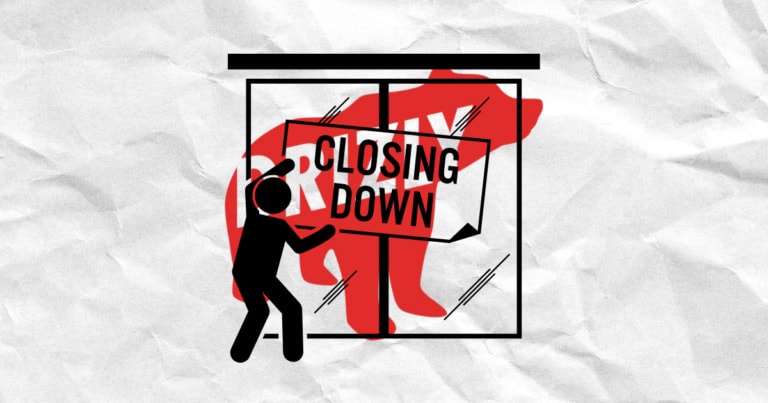
An 18-year-old named Arion Kurtaj has been sentenced to an indefinite period in a hospital in the United Kingdom for his involvement in hacking Rockstar Games, the creators of the popular video game series “Grand Theft Auto.”
This case has caught the attention of many due to the unique circumstances surrounding the hack and the hacker’s background.
Arion Kurtaj, who is from Oxford and has acute autism, was part of a cybercriminal group known as Lapsus$. This group has been linked to several high-profile hacks, including those against Microsoft and Uber. Kurtaj’s hacking activities came under scrutiny when he was out on bail for allegedly hacking Nvidia, a major hardware company.
The most striking aspect of this case is how Kurtaj managed to carry out the hack. While staying at a Travelodge hotel under police protection, without access to his computer, he ingeniously used his smartphone, an Amazon Firestick, and the hotel room’s TV to hack into Rockstar Games. This led to the unapproved release of clips from the upcoming “Grand Theft Auto VI.”
The judge’s decision to sentence Kurtaj to an indefinite stay in a hospital rather than prison is based on his autism diagnosis. It was determined that the jury in his trial earlier this year should only decide whether he committed the crime, not if he had criminal intent.
This approach acknowledges Kurtaj’s mental health needs while also addressing the severity of his actions.
Kurtaj’s case is a reminder of the complex interplay between mental health, technology, and the law. His ability to continue his hacking activities while under surveillance and without standard computing equipment demonstrates both his skill and the challenges in managing such security risks. The indefinite hospital sentence reflects the court’s attempt to balance these factors, ensuring that Kurtaj receives the necessary care while also protecting the public from potential future cybercrimes.
This incident has raised questions about cybersecurity measures and the need for more robust protections against such ingenious hacking methods. It also highlights the importance of considering mental health in the legal process, especially in cases involving young individuals with exceptional skills and unique challenges.






